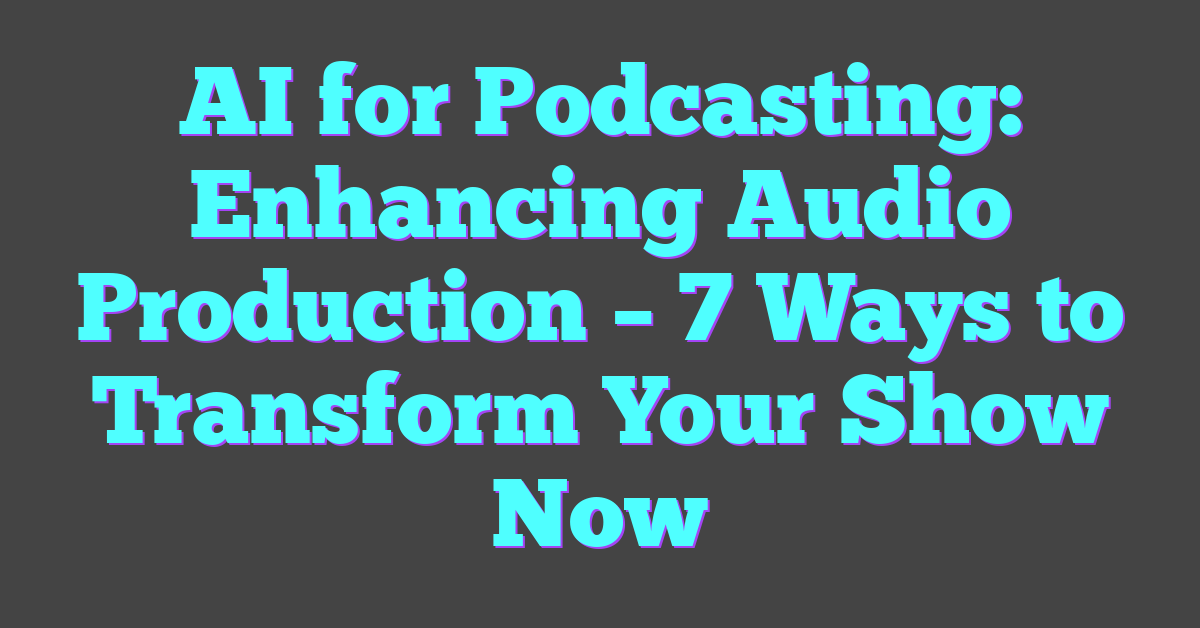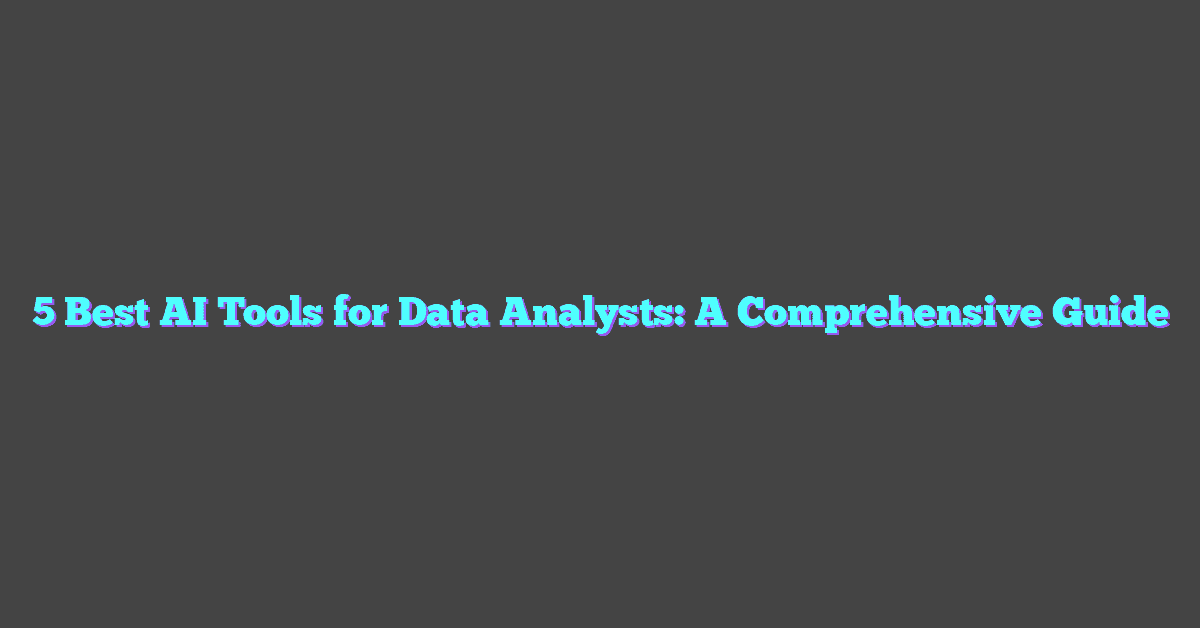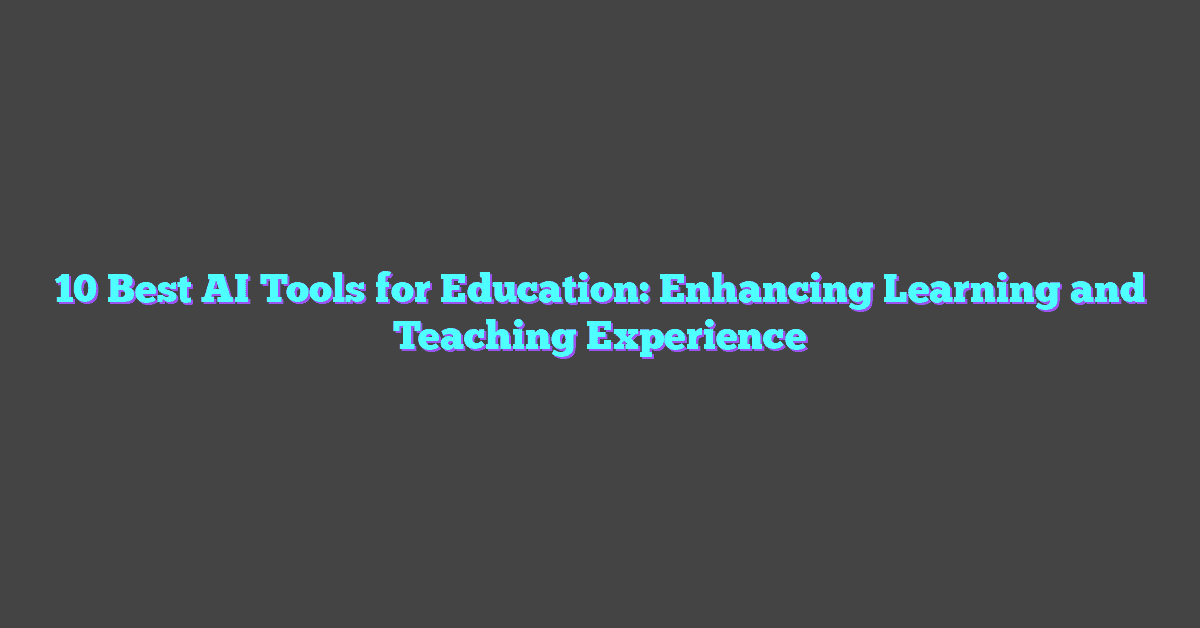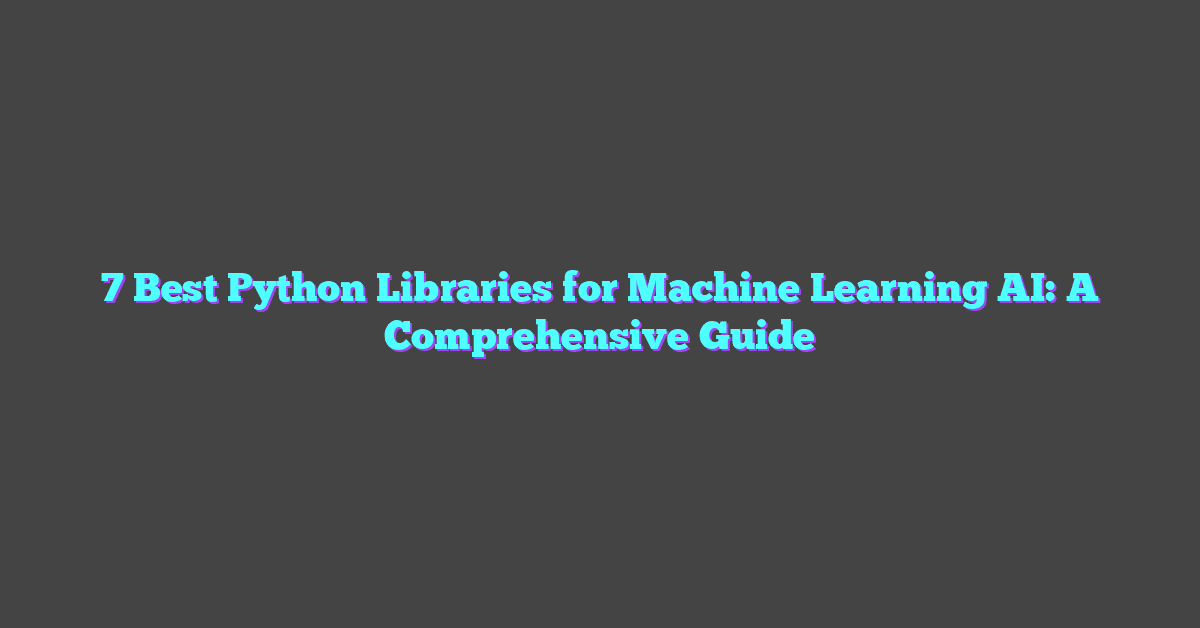Key Takeaways
- Streamlined Audio Editing: AI automates noise reduction, audio balancing, and editing tasks, ensuring professional-quality podcast episodes with minimal effort.
- Accurate Transcription Services: AI-generated transcripts enhance accessibility and improve content discoverability, making podcasts more inclusive and searchable.
- Personalized Listener Experiences: AI analyzes listener behavior and preferences to deliver tailored episode recommendations, increasing engagement and retention.
- Enhanced Production Efficiency: By automating time-consuming tasks, AI allows podcasters to focus on creating compelling content and reduces overall production time and costs.
- Future Innovations in Podcasting: Emerging AI technologies like real-time editing and voice cloning are set to revolutionize podcast production, offering more immersive and interactive listening experiences.
Podcasting has skyrocketed in popularity, becoming a go-to medium for storytelling, education, and entertainment. Behind every seamless episode is a blend of creativity and technology, and artificial intelligence is stepping up to the plate.
By automating tedious tasks like editing and noise reduction, AI allows podcasters to focus more on their content and less on technical hurdles. From generating transcripts to personalizing listener experiences, AI is transforming how audio content is produced and consumed.
Embracing these advancements can elevate a podcast’s quality and efficiency, making it easier than ever to create compelling audio experiences.

Overview of AI in Podcasting
- Automated Editing: Removes background noise, balances audio levels, and eliminates unwanted sounds, ensuring professional-quality episodes.
- Transcript Generation: Utilizes machine learning to create accurate transcripts, improving accessibility and enabling content indexing for searchability.
- Personalized Recommendations: Analyzes listener behavior and preferences to suggest episodes tailored to individual tastes.
- Audience Insights: Employs natural language processing to gauge audience sentiment and gather feedback, aiding content refinement.
- Optimized Distribution: Schedules episode releases for maximum engagement and manages targeted social media promotions.
| AI Application | Function |
|---|---|
| Automated Editing | Enhances audio quality by removing noise and balancing sound levels. |
| Transcript Generation | Creates accurate text versions of podcast episodes. |
| Personalized Recommendations | Suggests episodes based on listener preferences and habits. |
| Audience Insights | Analyzes feedback and sentiment to guide content development. |
| Optimized Distribution | Manages release schedules and social media promotion strategies. |
AI Tools for Audio Production
AI offers a range of tools that streamline and enhance the audio production process for podcasters. These tools improve audio quality, simplify editing tasks, and increase accessibility.
Audio Editing and Enhancement
AI-driven audio editing tools automate tasks like noise reduction, equalization, and volume leveling. Adobe Audition uses AI to identify and remove background noise, ensuring clear sound quality. Auphonic leverages machine learning to balance audio levels across episodes, providing a professional listening experience. Additionally, Descript offers automated editing features such as multitrack editing and filler word removal, saving creators time and maintaining consistency throughout their podcasts.
Transcription and Accessibility
AI-powered transcription tools convert spoken language into accurate text transcripts. Otter.ai provides real-time transcription, enhancing accessibility for listeners with hearing impairments. Rev offers high-accuracy transcripts that improve content accessibility and searchability. Moreover, transcription facilitates content repurposing, allowing podcasters to create blog posts, show notes, and searchable databases. By improving accessibility and expandability, AI transcription tools support a broader audience reach and engagement.
Benefits of AI in Podcasting
- Automated Editing
AI handles tasks like noise reduction, equalization, and volume leveling, ensuring professional audio quality with minimal effort. Tools such as Adobe Audition and Auphonic streamline post-production.
- Enhanced Audio Quality
By analyzing sound patterns, AI improves clarity and reduces unwanted background noise, delivering a superior listening experience.
- Time Efficiency
Automation accelerates the editing process, allowing podcasters to produce episodes faster and allocate more time to content creation.
- Cost Savings
Reducing the need for manual editing lowers production costs, making high-quality podcasting accessible to creators with limited budgets.
- Improved Accessibility
AI-generated transcripts from tools like Otter.ai and Rev make podcasts accessible to individuals with hearing impairments and enhance content discoverability.
- Personalized Content
AI analyzes listener data to tailor recommendations and content, boosting engagement and listener retention.
- Content Repurposing
Transcripts and edited audio enable podcasters to reuse content for blogs, social media, and other platforms, expanding their reach effortlessly.
Challenges of Implementing AI
Integrating AI into podcast production presents several obstacles that creators must navigate to fully leverage its benefits.
Technical Complexity
AI tools require a certain level of technical expertise. Podcasters must understand software configurations and machine learning principles to utilize these tools effectively. Limited technical knowledge can hinder the adoption and optimal use of AI technologies.
High Initial Costs
Implementing AI-driven solutions involves significant upfront investment. Advanced software like Adobe Audition and Auphonic often come with subscription fees ranging from $20 to $50 per month. Additionally, acquiring and maintaining hardware capable of handling AI processes can increase costs further.
Data Quality and Quantity
AI systems rely on large datasets to function accurately. Poor audio quality or insufficient data can lead to subpar results in tasks like noise reduction and transcription. Ensuring high-quality recordings and ample data is essential for effective AI performance.
Limited Customization
Many AI tools offer standardized features with limited customization options. Podcasters may find it challenging to tailor these tools to fit specific needs or unique audio styles, potentially restricting creative flexibility.
Integration with Existing Workflows
Incorporating AI tools into established production workflows can be complex. Compatibility issues with current software and hardware may arise, requiring additional time and resources to achieve seamless integration.
Privacy and Security Concerns
AI applications process large amounts of data, raising concerns about data privacy and security. Podcasters must ensure that their chosen AI tools comply with data protection regulations to safeguard sensitive information.
Dependence on Internet Connectivity
Many AI services operate in the cloud, necessitating reliable internet access. In areas with unstable or slow connections, utilizing these tools can become problematic, affecting the efficiency and consistency of podcast production.
Limited Understanding of Nuanced Audio
AI still struggles with interpreting nuanced audio elements such as sarcasm, irony, or emotional undertones. This limitation can result in inaccurate transcriptions or ineffective sound modifications, impacting the overall quality of the podcast.
Addressing these challenges requires podcasters to carefully evaluate their needs, invest in appropriate resources, and stay informed about advancements in AI technology to ensure successful implementation.
Future Trends in AI for Podcasting
AI continues to evolve, shaping the future of podcasting through innovative technologies and enhanced capabilities. These advancements promise to transform how podcasts are created, distributed, and consumed.
Real-Time AI Editing
Real-time AI editing enables podcasters to streamline live recordings. If AI algorithms maintain audio quality during broadcasts, creators experience fewer post-production tasks. Tools like Adobe Audition and Descript are expected to enhance these capabilities, ensuring seamless live content.
Advanced Personalization
Personalization algorithms analyze listener behavior to deliver tailored content. As AI processes more data, podcasts can offer customized recommendations, increasing engagement and listener retention. Services like Spotify and Apple Podcasts will likely integrate more sophisticated AI-driven personalization features.
Enhanced Transcription and Summarization
Natural language processing (NLP) advancements improve transcription accuracy and content summarization. With better NLP models, transcripts become more reliable, and automatic summaries provide quick episode overviews. Tools such as Otter.ai will adopt these enhancements to support accessibility and content repurposing.
AI-Generated Content Assistance
AI assists in content creation by generating scripts and suggesting topics. If podcasters leverage AI for brainstorming, they can produce more diverse and engaging content. Platforms like GPT-4 offer capabilities that help writers develop episode outlines and refine their narratives efficiently.
Integration with Virtual and Augmented Reality
AI integrates podcasting with virtual and augmented reality (VR/AR), creating immersive audio experiences. As VR/AR technologies advance, podcasts can incorporate spatial audio and interactive elements. This integration offers listeners a more engaging and dynamic way to consume content.
Improved Voice Cloning and Synthetic Voices
Voice cloning technology enables the creation of realistic synthetic voices. If AI-generated voices become more indistinguishable from human speakers, podcasters can utilize them for narration, character voices, and multilingual content. Companies like Replica Studios are leading the way in developing these advanced voice synthesis tools.
Automated Content Moderation and Compliance
AI automates content moderation, ensuring podcasts adhere to regulations and community standards. As compliance requirements evolve, AI tools will help creators manage sensitive content and maintain quality standards. Solutions from platforms like Rev.com will incorporate more robust moderation features to support podcasters.
Enhanced Listener Interaction
AI enhances listener interaction through chatbots and voice assistants. If AI-driven interfaces become more intuitive, listeners can engage with podcasts interactively, requesting specific content or providing feedback in real-time. Integrating AI with smart devices will facilitate these interactive experiences.
| Future Trend | Description |
|---|---|
| Real-Time AI Editing | Streamlines live recordings by maintaining audio quality during broadcasts. |
| Advanced Personalization | Delivers tailored content based on listener behavior and preferences. |
| Enhanced Transcription and Summarization | Improves transcription accuracy and provides automatic episode summaries. |
| AI-Generated Content Assistance | Aids in scriptwriting and topic suggestion for diverse content creation. |
| Integration with VR/AR | Creates immersive audio experiences through spatial audio and interactive elements. |
| Improved Voice Cloning | Enables realistic synthetic voices for narration and multilingual content. |
| Automated Content Moderation | Ensures compliance with regulations and maintains quality standards through automated tools. |
| Enhanced Listener Interaction | Facilitates interactive engagement through chatbots and voice assistants. |
These future trends highlight AI’s potential to revolutionize podcasting, offering creators powerful tools to enhance production quality, personalize content, and engage listeners more effectively.
Conclusion
AI is transforming podcasting by making audio production more efficient and accessible. Creators can focus on crafting their stories while AI handles tasks like editing and transcription. This blend of technology and creativity leads to higher quality content and better listener experiences. With tools that enhance sound quality and personalize content podcasters can reach and engage their audiences more effectively. As AI continues to advance the possibilities for podcasting expand offering new ways to innovate and connect. Embracing AI doesn’t just streamline the production process it also opens doors to creative experimentation and growth. The future of podcasting is bright and AI is at the heart of its evolution empowering creators to bring their visions to life with ease and excellence.




